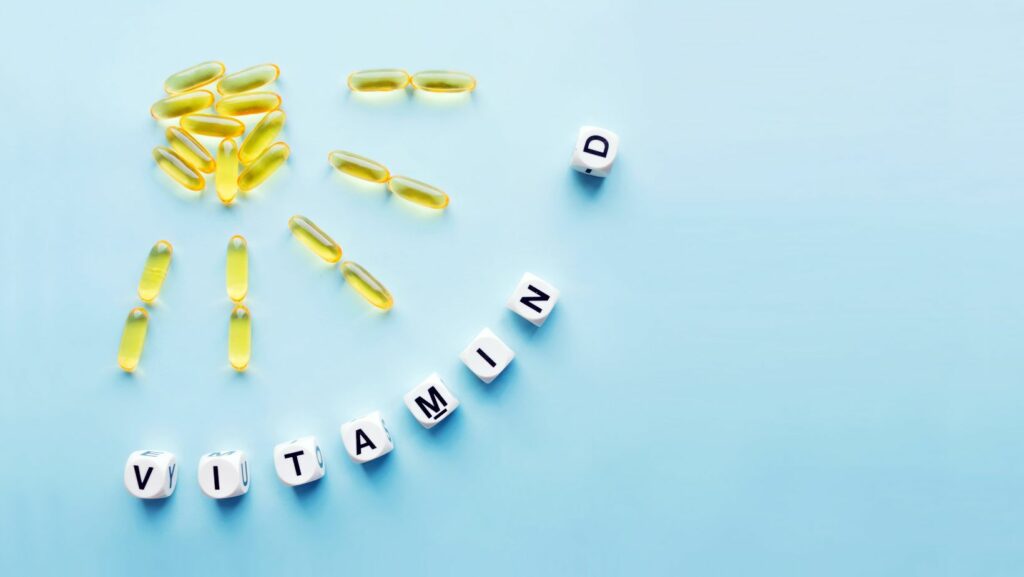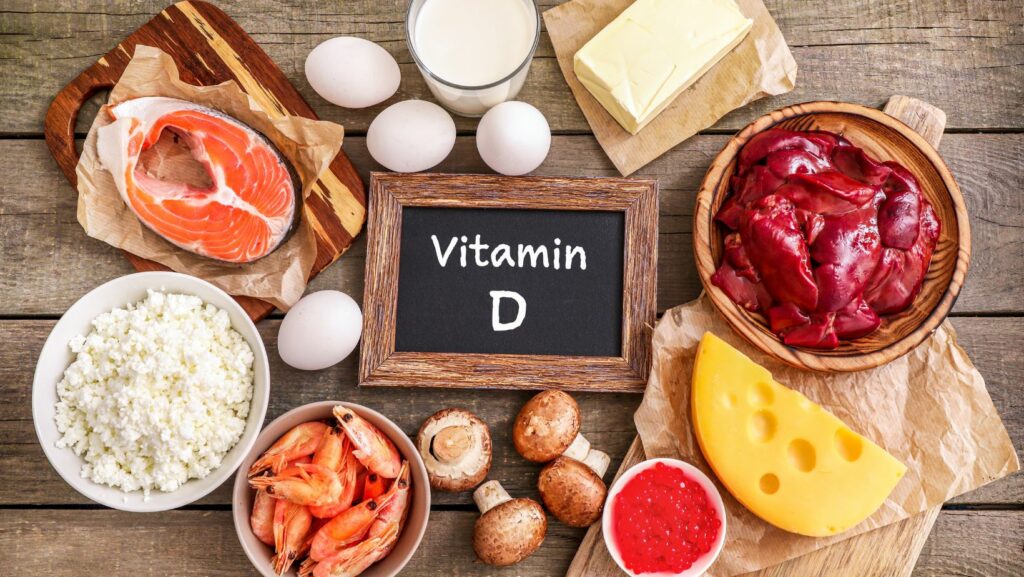We all know that taking vitamins is important for our health. But did you know that taking certain vitamins can actually be dangerous? That’s right, taking too much of certain vitamins can lead to serious health problems. One vitamin that you need to be careful with is iron. Taking too much iron can lead to constipation, diarrhea, and even vomiting. And if you’re taking iron with vitamin D, the risks are even greater. So, before you pop another pill, make sure you know the risks of taking iron with vitamin D.
The Risks of Taking Iron with Vitamin D
There are a few risks to be aware of when taking iron with vitamin D. The most serious is the potential for iron overdose, which can lead to organ damage or even death. If you take too much iron, your body will not be able to absorb all of the vitamin D, which can lead to vitamin D deficiency. Also, if you have certain medical conditions (such as kidney disease or heart disease), taking iron with vitamin D can make these conditions worse. Talk to your doctor before taking iron with vitamin D to make sure it is safe for you.
The Benefits of Taking Iron With Vitamin D
There are many benefits to taking iron with vitamin D, and the two nutrients work together to support a healthy body. Vitamin D helps the body to absorb and use iron, and iron is essential for carrying oxygen in the blood. Together, these nutrients help to keep the body healthy and functioning properly.
Can I Take Iron With Vitamin D
Iron is a mineral that the body needs for growth and development. Vitamin D is a vitamin that helps the body absorb calcium.
You should take iron with vitamin D because it can help improve the absorption of iron. Vitamin D can also help improve the health of your bones and teeth
The Dangers of Not Taking Iron With Vitamin D
Iron is a mineral that is essential for human health. It plays a key role in the production of hemoglobin, which carries oxygen in the blood, and in the metabolism of cells. Iron deficiency can lead to anemia, which can cause fatigue, weakness and other health problems.
Vitamin D is a vitamin that is essential for human health. It helps the body absorb calcium, which is necessary for strong bones and teeth. Vitamin D deficiency can lead to Rickets, which is a softening and distortion of the bones.
You should not take iron with vitamin D because it can cause serious side effects. The combination can cause toxicity in the liver and other organs, and can also increase the risk of developing cancer. If you are taking supplements containing these nutrients, be sure to take them at least two hours apart to avoid any potential problems.
The Side Effects of Taking Iron With Vitamin D
Iron is a mineral that our bodies need in order to make hemoglobin, which carries oxygen in our blood. Vitamin D helps our bodies absorb calcium, which is necessary for strong bones. However, taking iron with vitamin D can cause some side effects.
The most common side effect is constipation. Iron can also cause nausea, vomiting, and diarrhea. If you take too much iron, it can build up in your organs and cause damage. Children and pregnant women are especially at risk for this.

In rare cases, taking iron with vitamin D can lead to an allergic reaction. If you experience any difficulty breathing, swelling of the face or throat, or hives, stop taking the supplement and seek medical help immediately.
If you are considering taking an iron supplement, speak with your doctor first to see if it is right for you.
The Benefits of Taking Iron Without Vitamin D
You might be wondering if it’s safe to take iron without vitamin D. After all, iron is essential for carrying oxygen in your blood and vitamin D helps your body absorb calcium. But taking these two nutrients together isn’t always necessary.
Iron is found in food and supplements as ferrous or ferric iron. Ferrous iron is easier for your body to absorb, so it’s the form you’ll usually find in supplements. Vitamin D is also found in food and supplements as cholecalciferol (D3) or ergocalciferol (D2).
Your body needs iron to make hemoglobin, a protein in red blood cells that carries oxygen from your lungs to the rest of your body. If you don’t have enough iron, you can develop anemia, a condition where your blood doesn’t have enough healthy red blood cells. Anemia can make you feel tired and weak.
Vitamin D helps your body absorb calcium, which is essential for strong bones and teeth. Vitamin D also supports your immune system and helps regulate cell growth.
You might need to take iron with vitamin D if you’re pregnant, breast-feeding, or have dark skin. You might also need to take these nutrients together if you have anemia or are at risk for developing anemia. If you take an iron supplement, the recommended amount of vitamin D is 400 IU per day.
The Risks of Taking Iron Without Vitamin D
If you’re considering taking iron supplements, you may be wondering if it’s safe to take them with vitamin D. After all, both nutrients are important for maintaining healthy levels of iron in the body and preventing iron deficiency anemia.

There are some potential risks associated with taking iron without vitamin D, however. Vitamin D helps the body absorb iron more effectively, so if you’re not getting enough vitamin D, your body may not be able to make use of the iron you’re taking in. Additionally, vitamin D is essential for maintaining healthy bones, and without enough vitamin D, your risk of developing osteoporosis increases.
If you’re thinking about taking iron supplements, talk to your doctor first to make sure they’re right for you. They can help you determine whether you need to take them with vitamin D or not.



